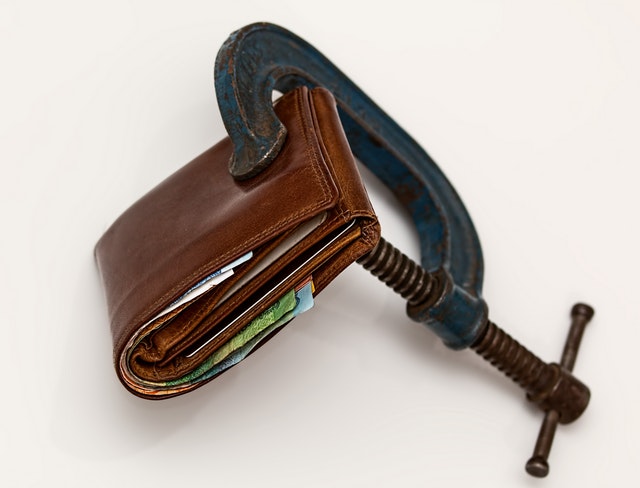“House-rich, cash-poor” comes down to how much you have tied up in your home, compared with how much you have in your pocket. In other words, you have more equity locked into the value of your home than you have in liquid assets.
For example, you have a debt-to-income ratio that is higher than 40 percent, which means your homeownership expenses take up more than 40 percent of your income; your home equity makes up more than 80 percent of your total net worth; or you have less than six months in cash reserves to cover your total monthly expenses if the need arises. Before you purchase a home, Realtor.com advises you to consider the following questions and answers.
Is it bad to be house-rich, cash-poor?
Once you become house-rich and cash-poor, the smallest financial hiccup in your life can become an issue. For instance, if you run into large medical bills or a costly home repair, you may not have the money to pay for it. Beyond that, being house-rich and cash-poor can lead to a downturn in your quality of life.
How common is it to be house-rich and cash-poor?
Thanks to a healthy economy, low unemployment and stricter lending requirements put in place after 2008, many homeowners are house-rich, meaning they have good equity in their home. Yet many of these same homeowners also are cash-poor, meaning they lack the reserves necessary to see them through life’s inevitable ups and downs. While many homebuyers are sure to save up plenty of money for a down payment—usually between 5 percent to 20 percent— they often don’t leave any money for emergency home maintenance. Another group vulnerable to becoming house-rich and cash-poor are buyers looking to trade up their current home. These buyers use all of the money from the sale of their current home for the next one. This can be risky, because it leaves you no wiggle room for any financial curveballs that might arise. The bottom line: A buyer should never leave themselves cash-poor. If it will cost you every bit of savings just to acquire the house, you may not be ready for that specific home.
How you can avoid being cash-poor
Make sure you understand your finances thoroughly before buying a home. For starters, try entering your income and debts into a mortgage calculator to determine what price you can afford to pay for a home, and speak to a lender to find out how large a home loan you qualify for as well. These moves will help you figure out what your monthly expenses would be if you had to pay for that mortgage. Note: Even if you qualify for a large mortgage, you don’t want to get yourself into a position where every little expense is difficult to pay for. So, make sure you have at least a year of whatever your recurring monthly payments would be in reserve and shoot for a debt-to-income ratio of less than 30 percent. Then set a reasonable budget for the purchase price of a home. Look for a healthy balance between investing in a new home and creating your ideal quality of life after the home is bought. It’s common sense to hold enough cash back to have a financial cushion in case of an emergency, but another option is to get a home warranty to cover any unexpected home expenses.



